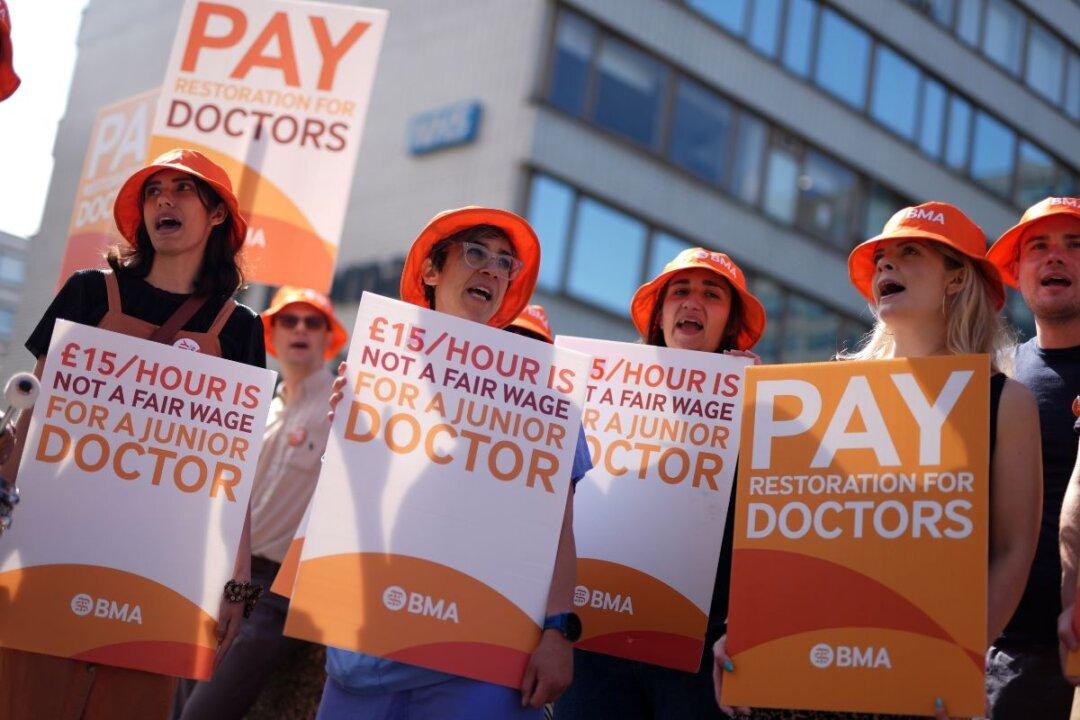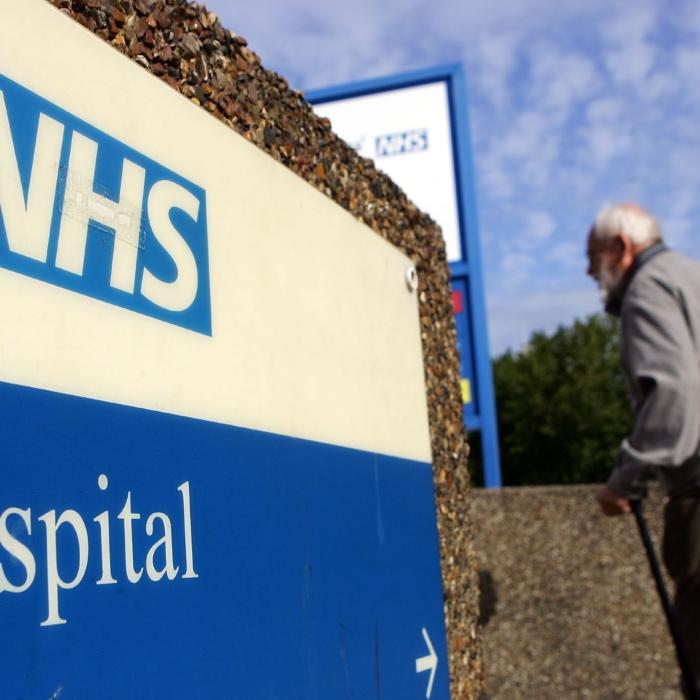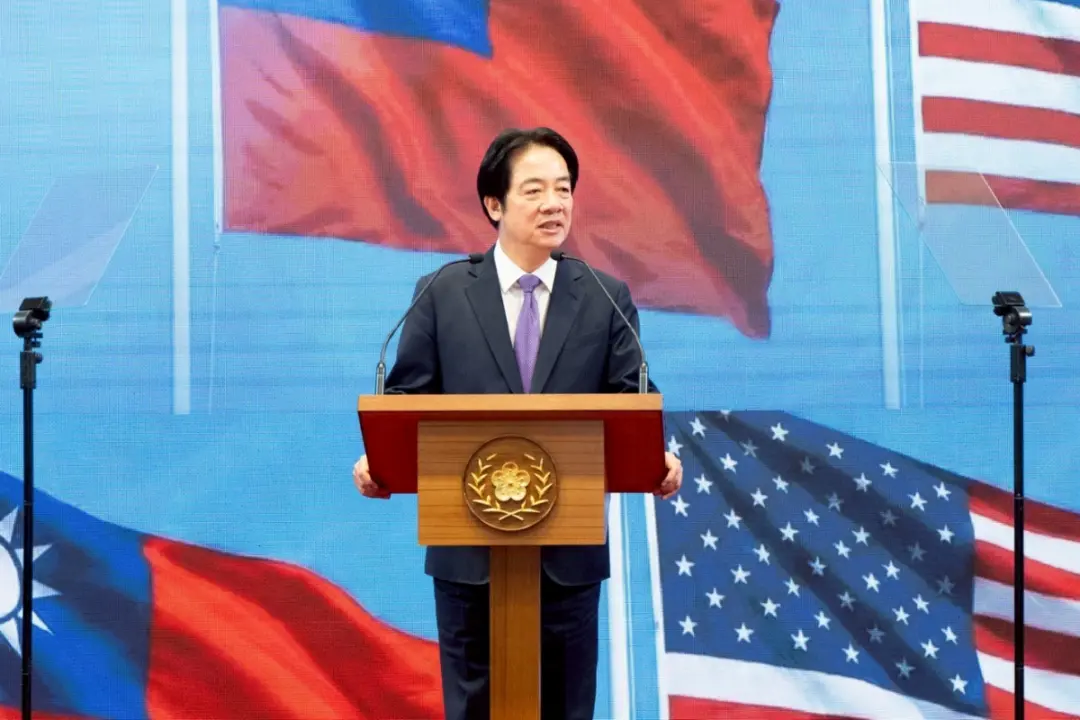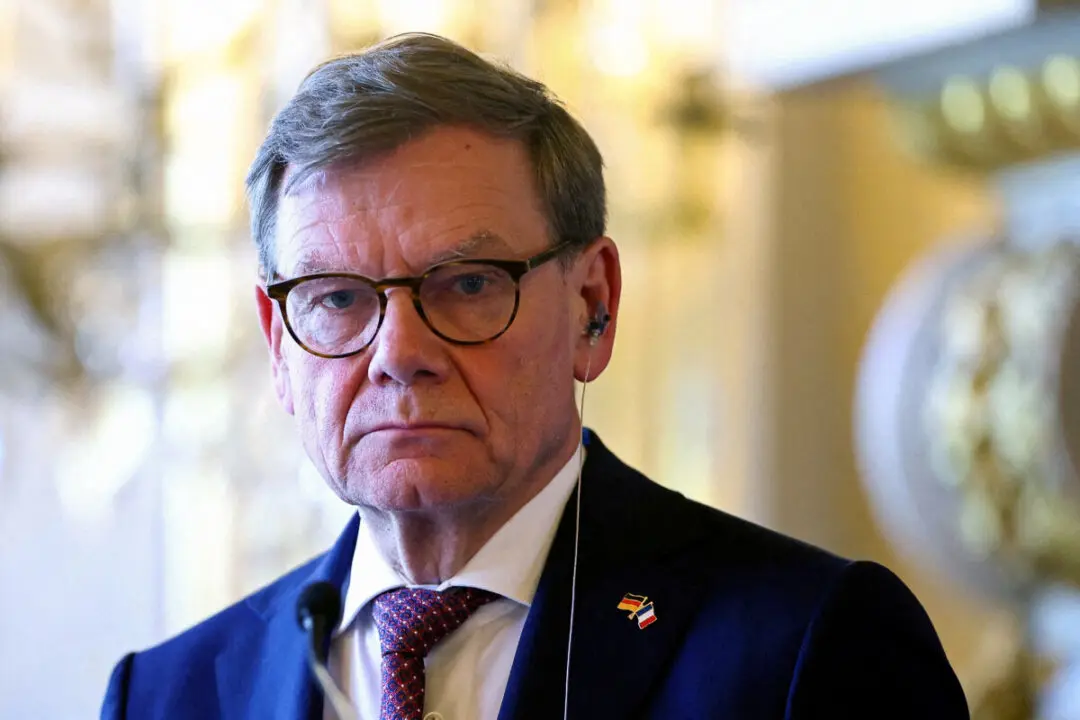Junior doctors will strike again “if we need to,” the co-chairman of the British Medical Association’s (BMA) Junior Doctors Committee has said.
Dr. Vivek Trivedi made the remarks after the union had accepted the government’s offer of a pay deal worth 22.3 percent over two years, bringing to an end the long-running dispute which saw junior doctors strike 11 times since 2023.
Trivedi told “BBC Breakfast” on Tuesday that the offer was just the first step towards restoring pay, but “the journey is not over.”
He said that junior doctors will be expecting pay uplifts each year, “and if those pay uplifts don’t occur in a timely fashion and at the pace our members have asked for to restore our pay, then that’s when we'll be going to the government.”
“If those communications break down, then we will be thinking about going back into dispute and striking again if we need to. But that’s always a last case resort and something we don’t want to have to do,” Trivedi said.
According to the Department for Health and Social Care (DHSC) the strikes cost the taxpayer almost £1.7 billion since they began in April of last year and resulted in 1.5 million appointments cancelled.
Longest Dispute in NHS History
On Monday, the government announced that strikes from junior doctors would come to an end after two-thirds of BMA union members accepted the pay offer. The DHSC described it as the most prolonged industrial dispute in the NHS’s 76-year history.According to details of the agreement published by the BMA, the deal will see the salaries of the newly-renamed resident doctors increase by between 3.71 percent and 5.05 percent—on top of their existing pay award for 2023/24—and this will be backdated to April 2023.
In addition, each part of the pay scale will be uplifted by 6 percent plus £1,000, as recommended by the Review Body on Doctors’ and Dentists’ Remuneration, which will be backdated to April 2024.The impact of the uplifts means a doctor starting foundation training will see his or her basic pay increase to £36,600 compared to £32,400 before the deal was struck.
Health and Social Care Secretary Wes Streeting said he was pleased that the offer had been accepted.
Streeting said: “We inherited a broken NHS, the most devastating dispute in the health service’s history, and negotiations hadn’t taken place with the previous ministers since March.
“Things should never have been allowed to get this bad. That’s why I made ending the strikes a priority, and we negotiated an end to them in just three weeks.”
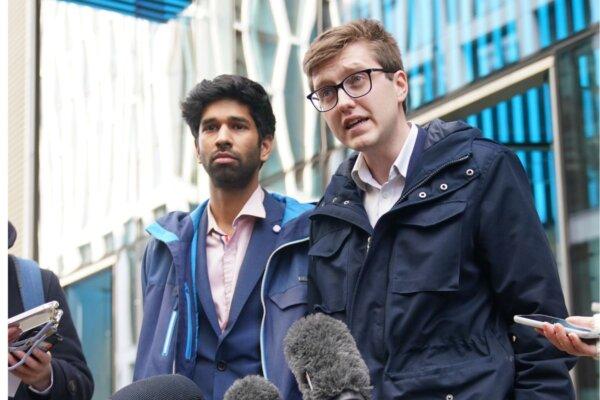
‘Pay Erosion’
While the government is hailing the deal as a success, fellow co-chairman of the BMA’s Junior Doctors Committee Dr. Robert Laurenson said that that one-third of doctors who voted against accepting the government’s offer felt the deal “fell short.”Laurenson said that the union will make sure that the government maintains a pace towards ending doctors’ “pay erosion.”
He told LBC: “We never expected everything in one year. We’re happy to look at a series of years. The government does not want to look at the future, but the sentiment on the ground is that our doctors need that security and that certainty for the future, which is why we'll be having to look at April next year towards the pay review body’s recommendation to make sure that we maintain that pace towards pay restoration.”
Asked by host Nick Ferrari if resident doctors would strike again if they were displeased with the progress, Laurenson said industrial action would not be necessary if there is no more pay erosion with real-terms pay cuts.
If there is, “then I’m afraid we'll have no option but to go back into dispute, because Mr. Streeting would have over promised and under delivered,” he said.
The BMA said on Monday that while they accepted the deal worth 22.3 percent over two years, doctors would still remain 20.8 percent behind in real terms compared to doctors in 2008.
